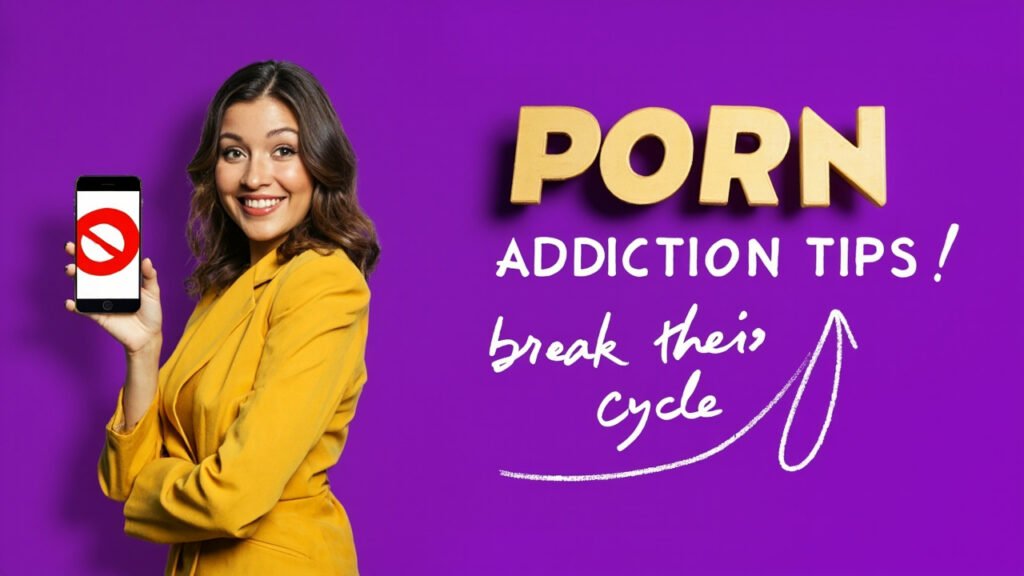
Pornography is one of the most controversial topics in modern culture. Some argue it’s harmless entertainment, a way to explore sexual curiosity or relieve stress. Others see it as a destructive force, especially in long-term relationships and marriages. As society becomes increasingly open about topics once considered taboo, it’s crucial to have honest conversations about pornography and its effects. While there may be arguments for its benefits, the truth is—porn does more harm than good. Especially when it transitions from a casual habit to a full-blown addiction.
In this article, we’ll explore the damaging effects of pornography, why it’s considered a “quiet killer” of relationships, and how to reclaim intimacy and connection with your partner.
1. Where Do You Draw the Line? Casual Habit vs. Addiction
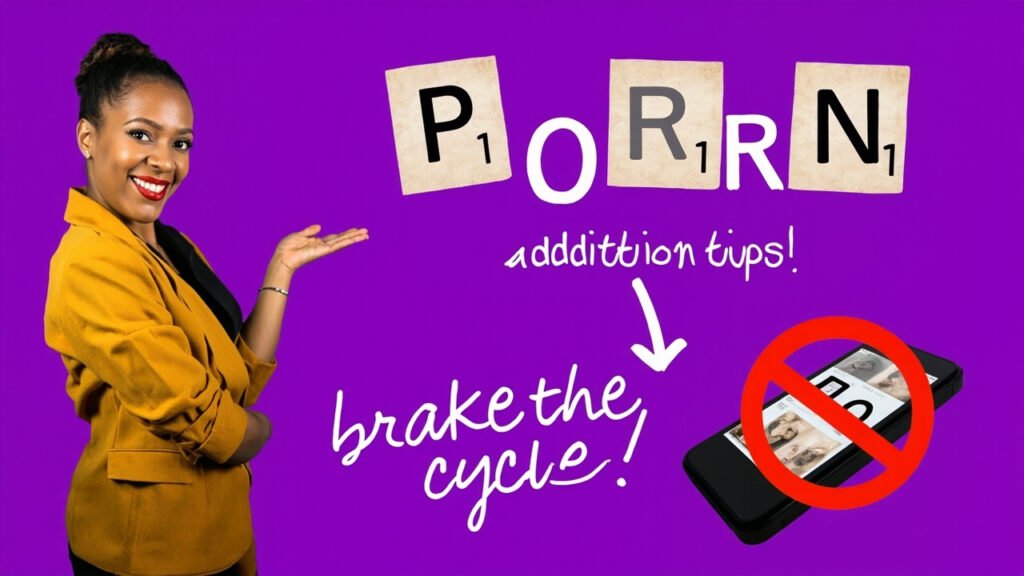
It often starts innocently—perhaps at the age of 15 or 16, driven by curiosity. But what begins as occasional viewing can evolve into a regular need. By the time you’re 30 or older, it might already be an unhealthy dependency that silently eats away at your mental well-being and relationships.
Addiction isn’t always loud—it can be subtle. And pornography addiction is one of the most discreet yet widespread issues today. According to Patrick Fagan, Ph.D., a leading researcher on pornography’s impact on families, 56% of divorces cite obsessive porn use as a contributing factor. That statistic alone should give us pause.
2. The Illusion of Porn: Unrealistic Expectations and Disconnection
Pornography is part of a billion-dollar entertainment industry. Its primary aim? To stimulate and visually satisfy—at any cost.
But here’s the problem: it’s not real. The bodies, the performances, the stamina, the scenarios—none of it mirrors genuine human intimacy. Watching porn regularly can distort your perception of sex. It creates unrealistic expectations from your partner, physically and emotionally. You may start to expect them to look, act, or perform like actors in a fantasy, rather than real people with real emotions.
Over time, this mental disconnect leads to dissatisfaction, judgment, and even resentment in your sex life.
3. Trust, Infidelity, and Emotional Distance
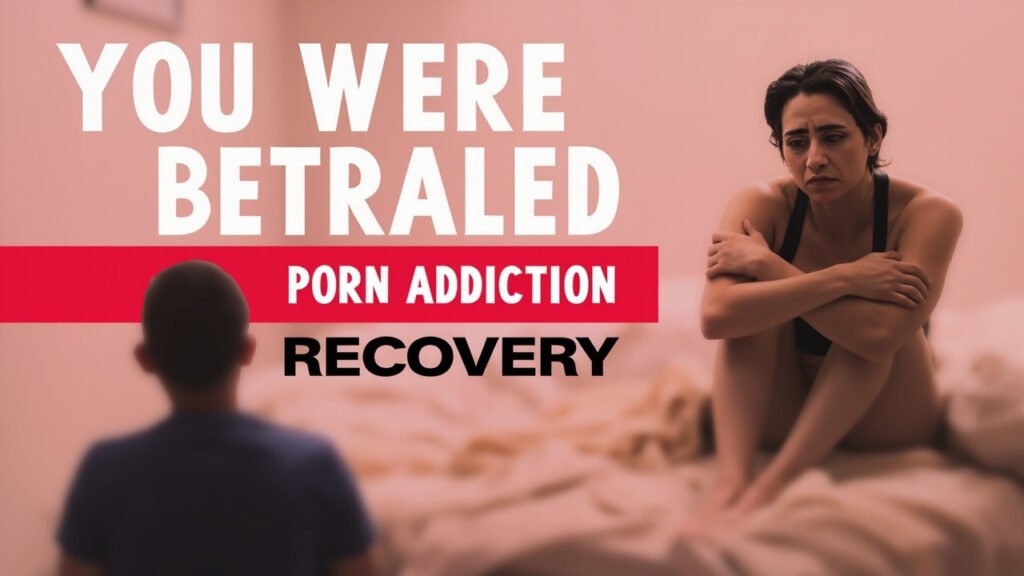
Many people, especially partners in committed relationships, consider porn-watching a form of betrayal. You may argue it’s not cheating—but when your partner finds out you’re seeking sexual satisfaction from strangers on a screen instead of them, it feels like infidelity.
Porn breaks down trust, causes insecurity, and creates a barrier between couples. You may begin to hide your habit, lie about it, or feel guilty afterward. These are all signs that your brain knows something is wrong.
Ultimately, porn use can lead to emotional distance, lack of intimacy, and complete disconnection from your partner.
4. The Decline of Satisfying Sex
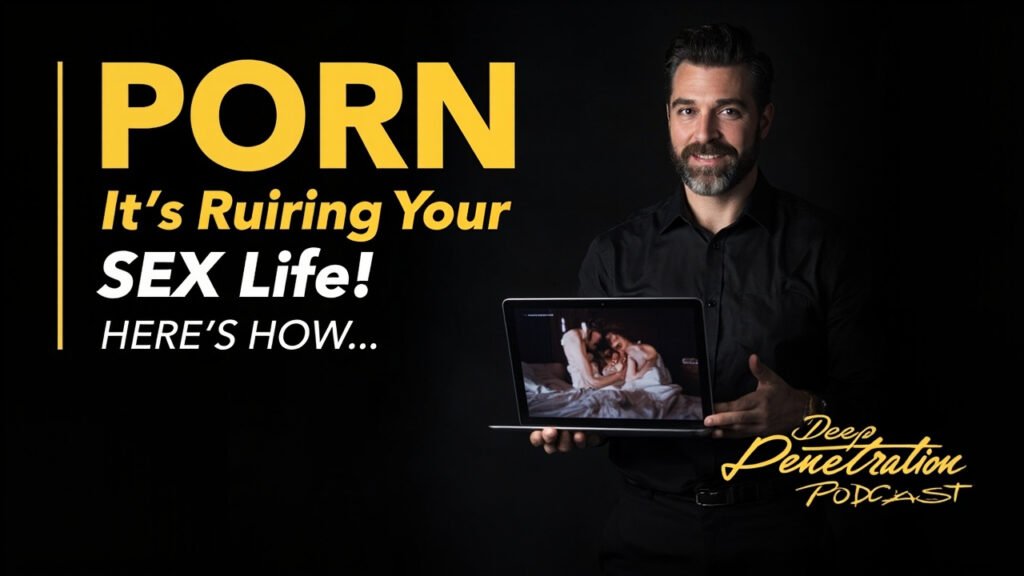
Porn conditions your brain to respond only to artificial stimuli. Over time, you become desensitized to normal sexual experiences. You may find it hard to be aroused without porn. The result? Less passion, less connection, and less satisfaction in your real-life sex life.
It also introduces violent, aggressive, or objectifying themes that reshape your view of sex. This can lead to a disrespectful or harmful dynamic in bed that damages your relationship and erodes emotional safety.
5. Porn Kills Passion and Genuine Lovemaking
One of the most tragic consequences of pornography addiction is the loss of authentic intimacy. Porn strips away the emotional and spiritual connection from sex. It turns something sacred and bonding into a mechanical, often selfish act.
Instead of a moment of vulnerability and unity with your partner, sex becomes a performance driven by unrealistic standards. And when passion dies, so does a big part of your relationship.
6. The Weight of Guilt and Shame
One of the most isolating aspects of porn addiction is the deep sense of guilt it brings. Most people who struggle with it know it’s hurting them—but they feel too ashamed to seek help.
Because porn is still considered taboo in many cultures, it’s rarely discussed openly. You’re left feeling alone, judged, and unable to talk to your partner. This shame creates a mental prison, where addiction grows quietly, further damaging your self-worth and emotional health.
7. The Impact on Youth: A Generation at Risk
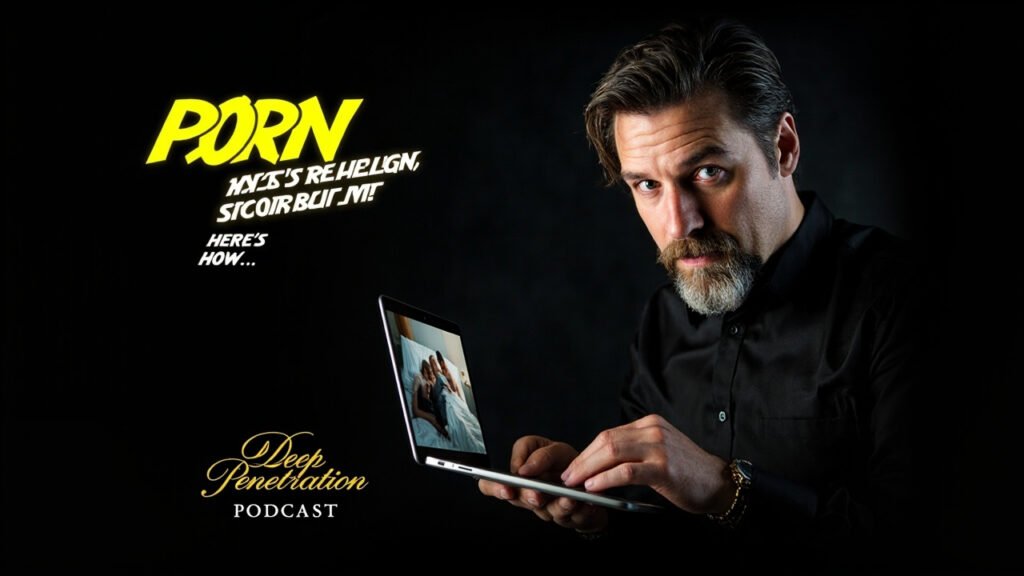
Access to porn has never been easier. With 90% of adult content just a few clicks away—for free—it’s no surprise that kids as young as 13 are exposed to explicit material. Studies show that over 80% of college-age males have regularly viewed porn, often starting during adolescence.
These early exposures can shape beliefs about sex, consent, body image, and relationships. It creates a generation of young adults confused about what healthy sexuality truly looks like.
8. The Numbers Don’t Lie: Shocking Porn Statistics
- 88% of porn scenes contain some form of physical or verbal aggression.
- 68% of men and 18% of women consume porn at least once a week.
- Over 50% of divorces involve one partner with a porn addiction.
- Porn viewing can lower relationship satisfaction and reduce emotional bonding.
9. Breaking Free: What You Can Do
If you or your partner are struggling with porn addiction, the most important thing is to start the conversation. Without judgment, without blame—just honest talk. Recognize the damage it’s causing and agree to seek help.
Here’s how to begin:
- Talk to a therapist who specializes in sexual health or addiction.
- Use porn-blocking tools or apps to reduce temptation.
- Set mutual goals with your partner to rebuild intimacy.
- Learn about healthy sex and emotional connection through trusted resources.
- Replace the habit with meaningful activities, mindfulness, or self-care routines.
Conclusion: Reclaim Control of Your Life and Relationship
Porn is not just a private habit—it has very public consequences on your marriage, mental health, and emotional connection. It’s more than just “entertainment”; it’s an addiction that rewires your brain, weakens your relationships, and robs you of genuine intimacy.
But the good news? You can take back control.
A loving, respectful relationship built on trust, communication, and emotional depth is far more fulfilling than any screen fantasy. Recognize the problem. Talk to your partner. Seek support. And choose to live a life where connection means more than clicks.
If you’re struggling, reach out. Our platform is a safe space. 100% privacy, no judgment—just help.
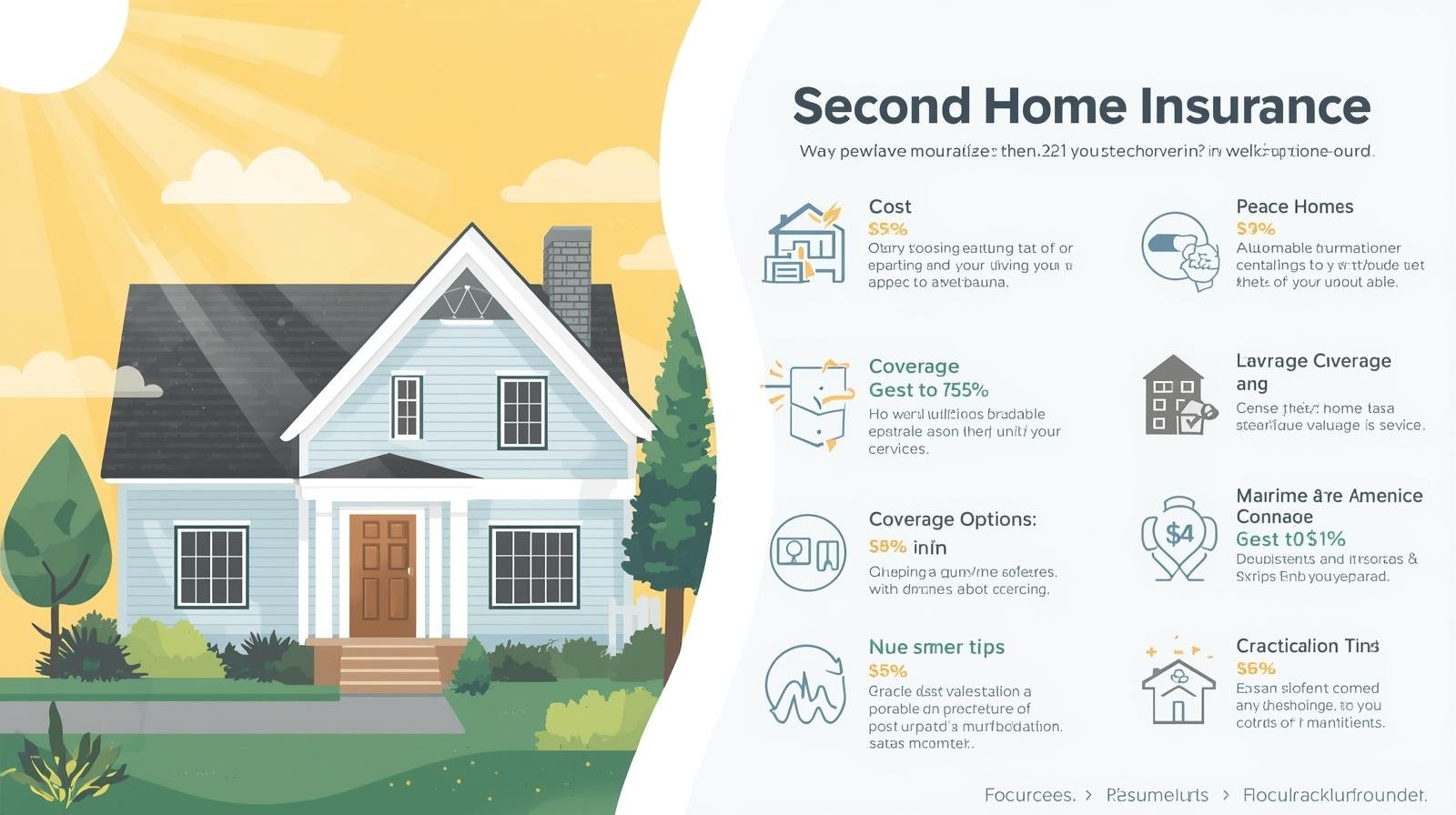
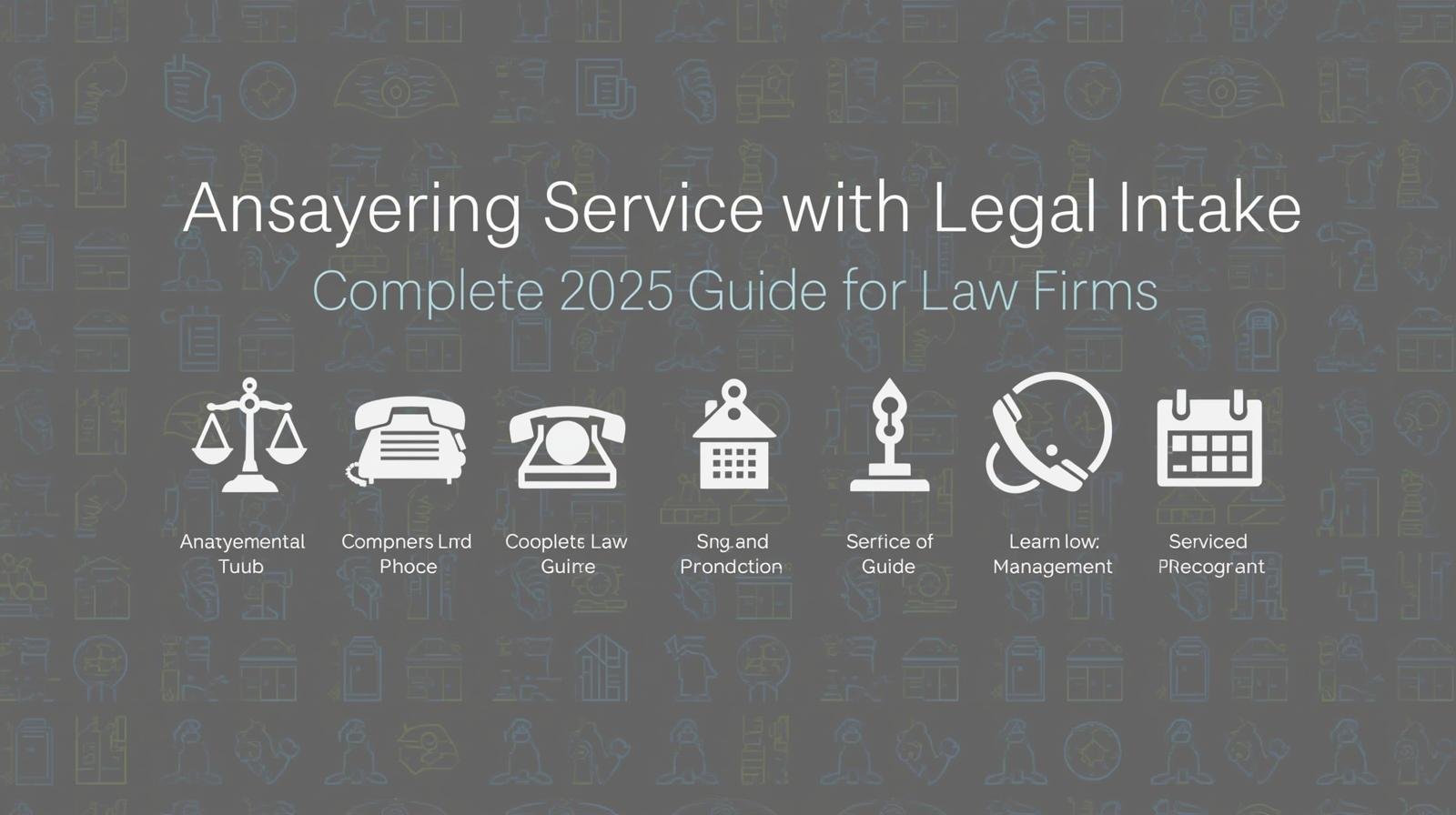

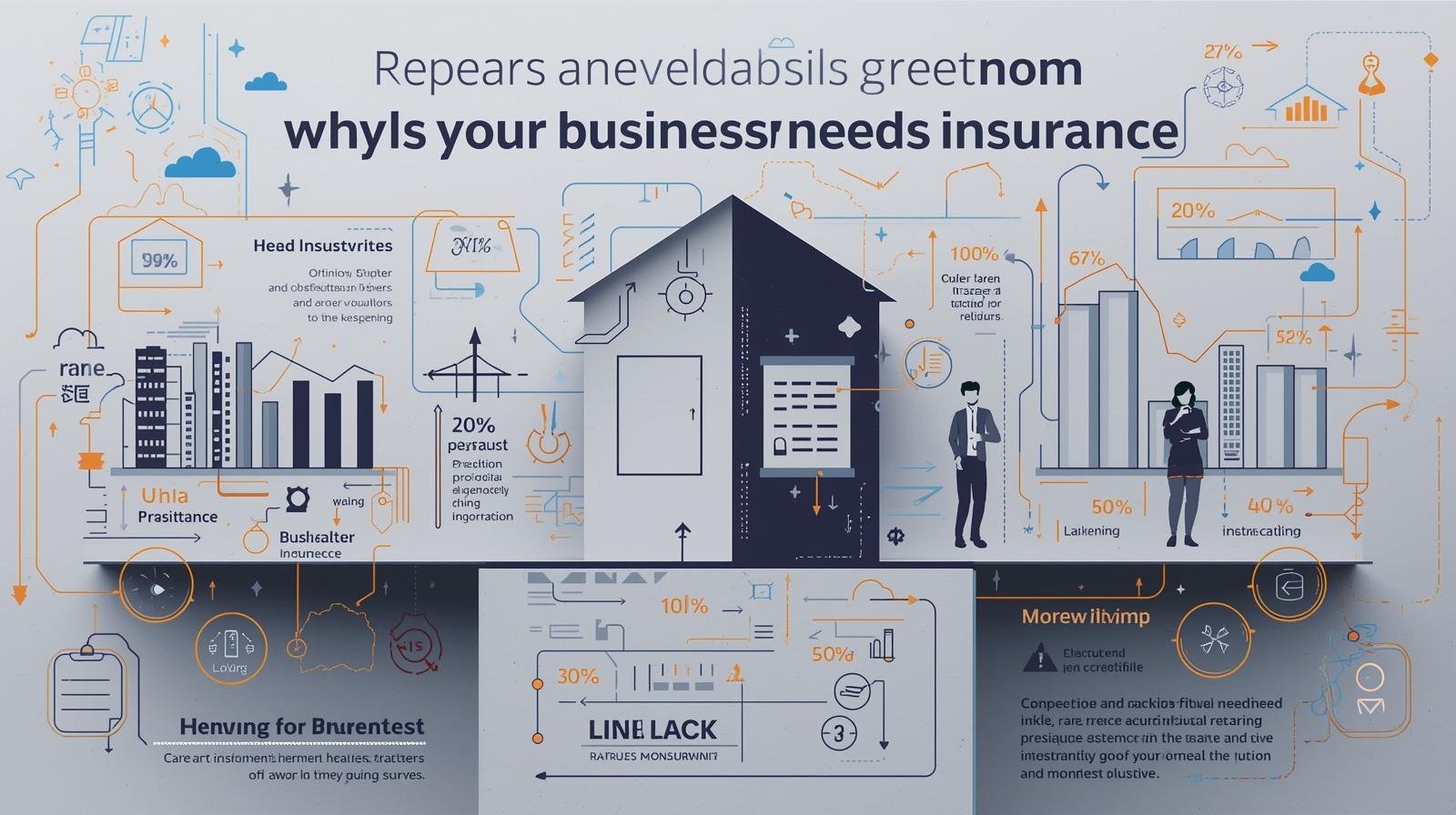
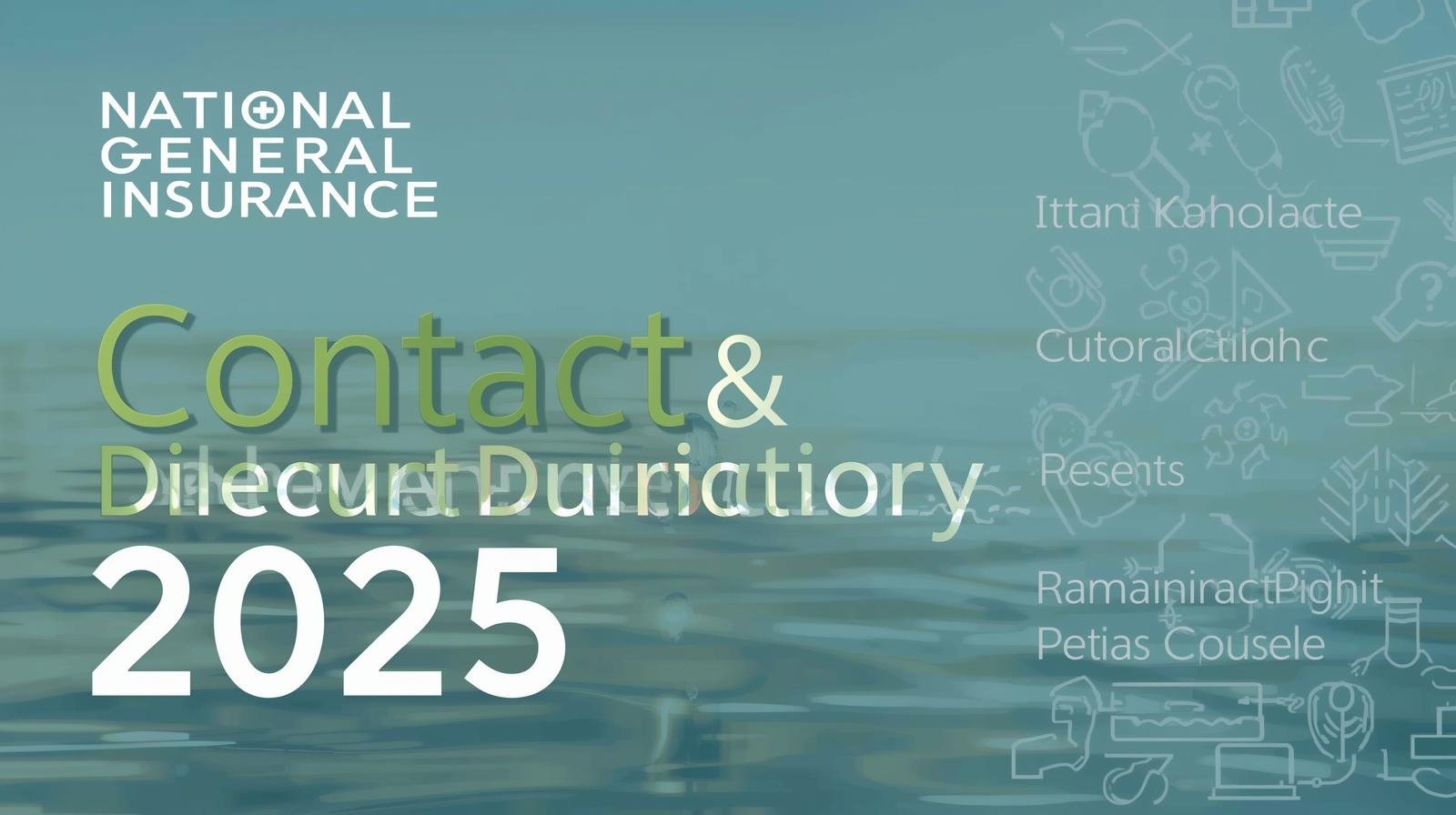
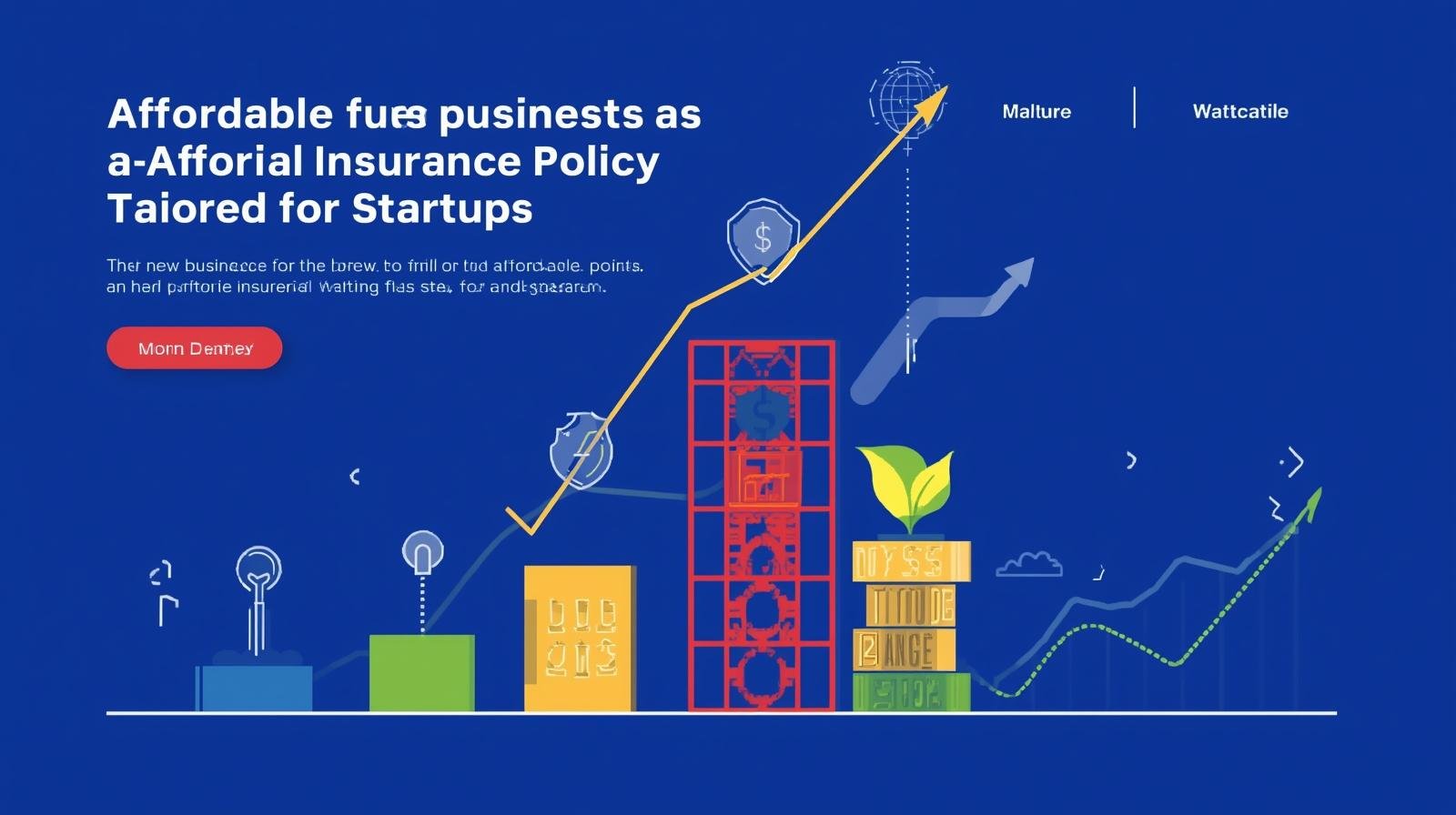
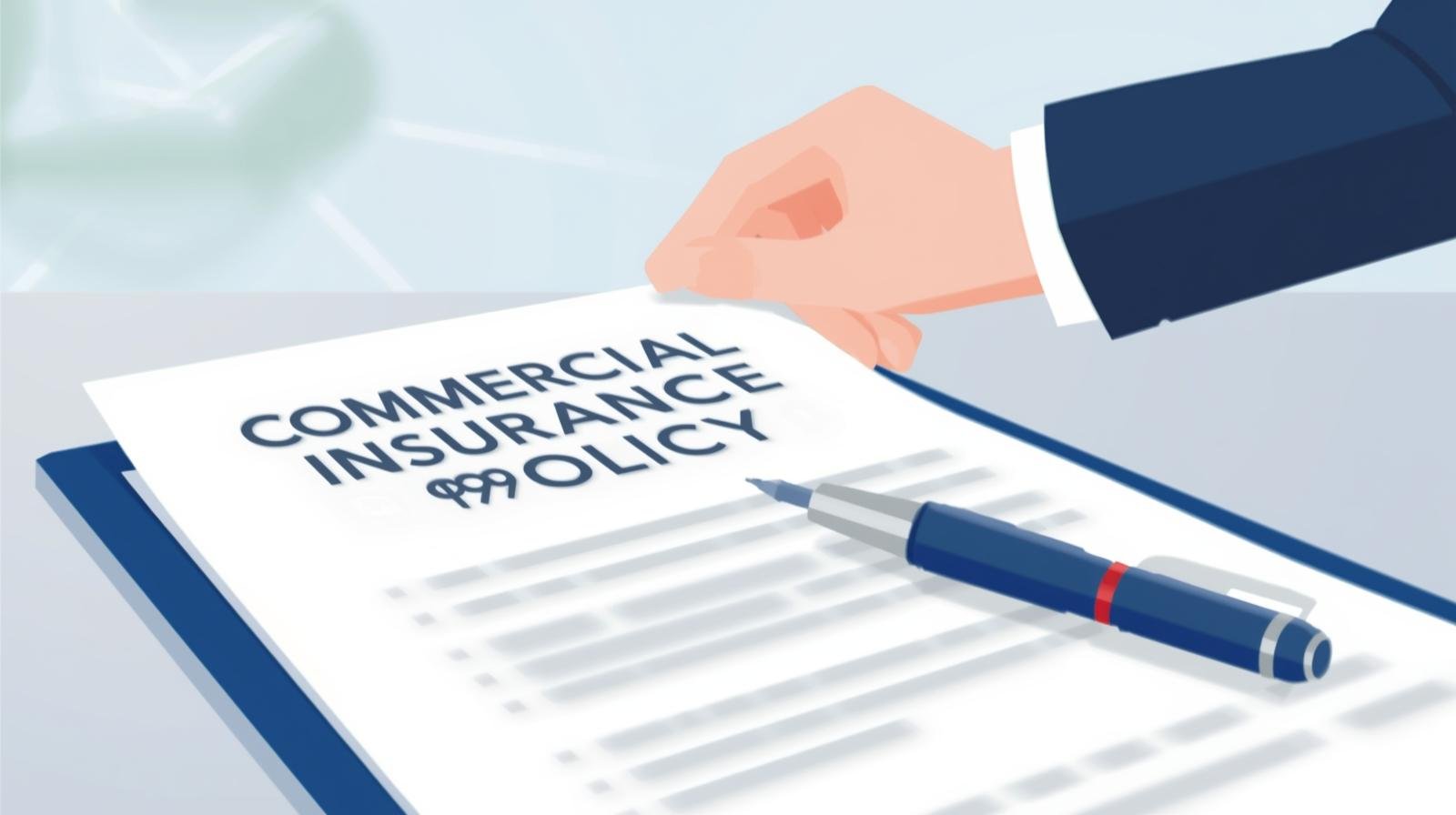


Leave a Reply